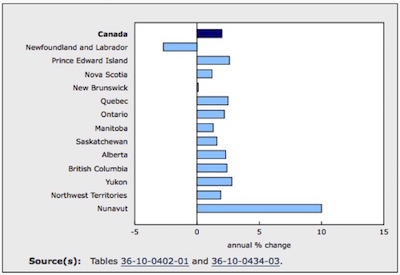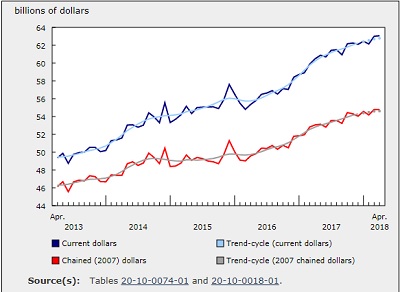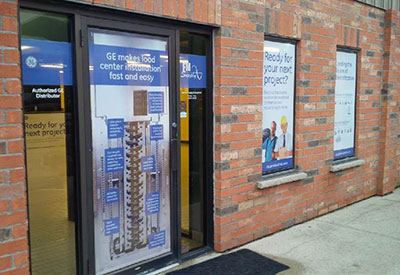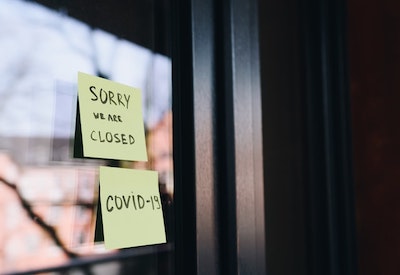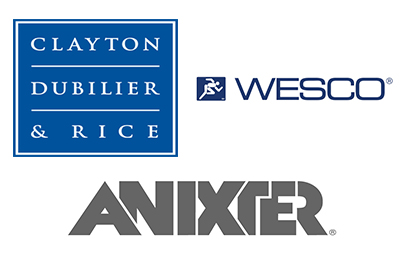Technical Training: Whose Job Is It?

When factories outsource the sales function to reps, they do not abdicate responsibility in the field. Yes, the rep becomes the face of the factory in the territory. Yes, reps are the primary contact with the customer. And yes, the factory needs to provide technical training on their product to their reps.
The relationship between rep and principal (aka factory, manufacturer, vendor, client) is unique. It is a true partnership. They are interdependent. If one fails, the other fails. Success is a joint venture. The core competency of the factory is making things! The core competency of the rep is selling! All parties are happiest when each is doing their job at maximum efficiency. Reps can only be efficient at the selling part if they are thoroughly trained on the technical aspects of the products they are tasked to sell. This is not only part of the onboarding process, but it is an ongoing process. New products must be developed. New technical training must happen. And there needs to be a plan.
In addition to teaching the reps all about the ins and outs of the product, it is best practice to also share product applications. When bringing on a new rep, share old applications. The easiest way to share new applications is an annual meeting where a few people from every rep firm travel to the factory. Sharing wins from one territory allows reps in other territories to replicate those successes in their own backyard. It is a terrific way to increase sales.
Once reps are fully trained on products they become the technical trainer in their territory. They share knowledge with distributors (aka dealers, VAR, wholesalers, installers) so their business partners know how to solve problems using these parts. When reps train their local channel partners, it adds to their credibility and helps reinforce the message, “We are the factory contact for this territory.” It also keeps the rep in front of them, which helps with top of mind awareness.
The theory of technical training from the factory sounds easy, right? Yet there is a significant amount of planning that needs to go into both technical training sessions and annual meetings. After all, the effectiveness of using reps has to do with sharing the cost of sales with synergistic manufacturers. Not everyone can have their meetings or training sessions at the same time. How does it get done, then? Planning! Planning and communicating the plan.
To that effect, MRERF provides two tools that help. The Guidelines to Planning the Business Year and Passport into the Territory help on a macro and micro level. Planning the Business Year is obviously a recurring conversation. “What are the plans for the next year? Where are we going? How do we get there?” If factories and their reps do not communicate their communal goals, how will they meet these goals as a team? Reps and factories also have individual goals, which should also be communicated. The interdependence of the relationship creates a unique situation. Neither can control the other, nor can they succeed without the other’s cooperation. Each needs the other to thrive. So each needs to trust the other with goals. This sharing of information is powerful… and it can leave us feeling vulnerable. Feeling vulnerable is never easy. Not in business, not in our personal life. But it is in this vulnerable space where we can show that we are committed to the relationship and willing to do what it takes to take it to the next level of success.
Technical training: It is their job. And your job. And my job.
Karen L. Jefferson CPMR CSP is the Executive Director of MRERF a non-profit that takes your profitability to the next level. Technical product training is your responsibility. Training reps and manufacturers how to be better business partners is her responsibility. Visit www.MRERF.org to learn more.

